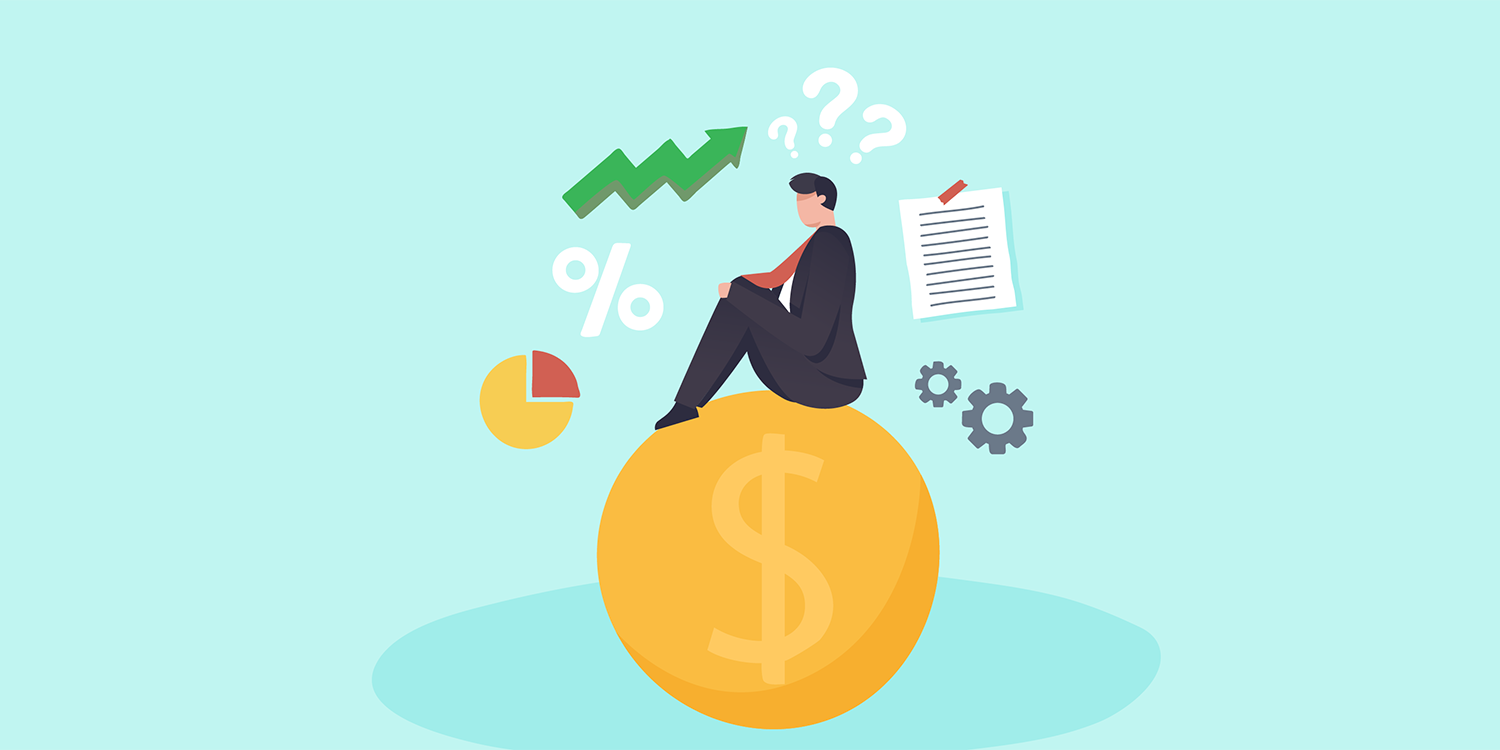While interest rates will stay near zero, for now, the Fed will start raising interest rates likely this coming month (March 2022). With a strong labor market and January 2022’s inflation rate at 7.5%, the target range for the Federal Funds Rate will begin to increase as a way to help slow soaring inflation. When the Fed changes the Federal Funds Rate, the rate at which banks can borrow money to lend, consumers will have to pay more to borrow.
The raising and lowering of the Fed Funds Rate is the role the Fed plays in stimulating or slowing down the economy. Higher interest rates slow down borrowing and spending and restrict money flow into the economy and at some point, eventually, slow down inflation.
Roughly ten of ten economists would agree: Inflation is bad news. Prices rise, eroding the purchasing power of the money in your pocket and your hard-earned savings. There’s friction added to every financial decision, as we try to predict the future.
Unlike unemployment, inflation touches every person, nearly every day. While inflation can generate temporary pockets of winners—notably, people who have borrowed money at a fixed interest rate—economists generally agree that as a society, we are better off without it (or with just enough to stave off deflation).” – Sizing up the long-term cost of inflation, Jeff Horwich, Federal Reserve Bank of Minneapolis,
Small interest rate hikes spread over a few months likely won’t be as impactful to individuals with low debt-to-income ratios. But for those with a lot of debt, increasing interest rates are unwelcome. Here are some of the debt instruments that are interest-rate sensitive:
- Student Loans
- Home Mortgages with Variable Rates
- Credit Card Interest Rates
- Savings Accounts and CDs
- Auto Loans
speak with a financial professional
While some of these debts may have a set interest rate, often the rate is revolving depending on the prime rate. For this reason, individuals with these types of debt may benefit from contacting their financial institutions to lock in the interest rates before they increase.




